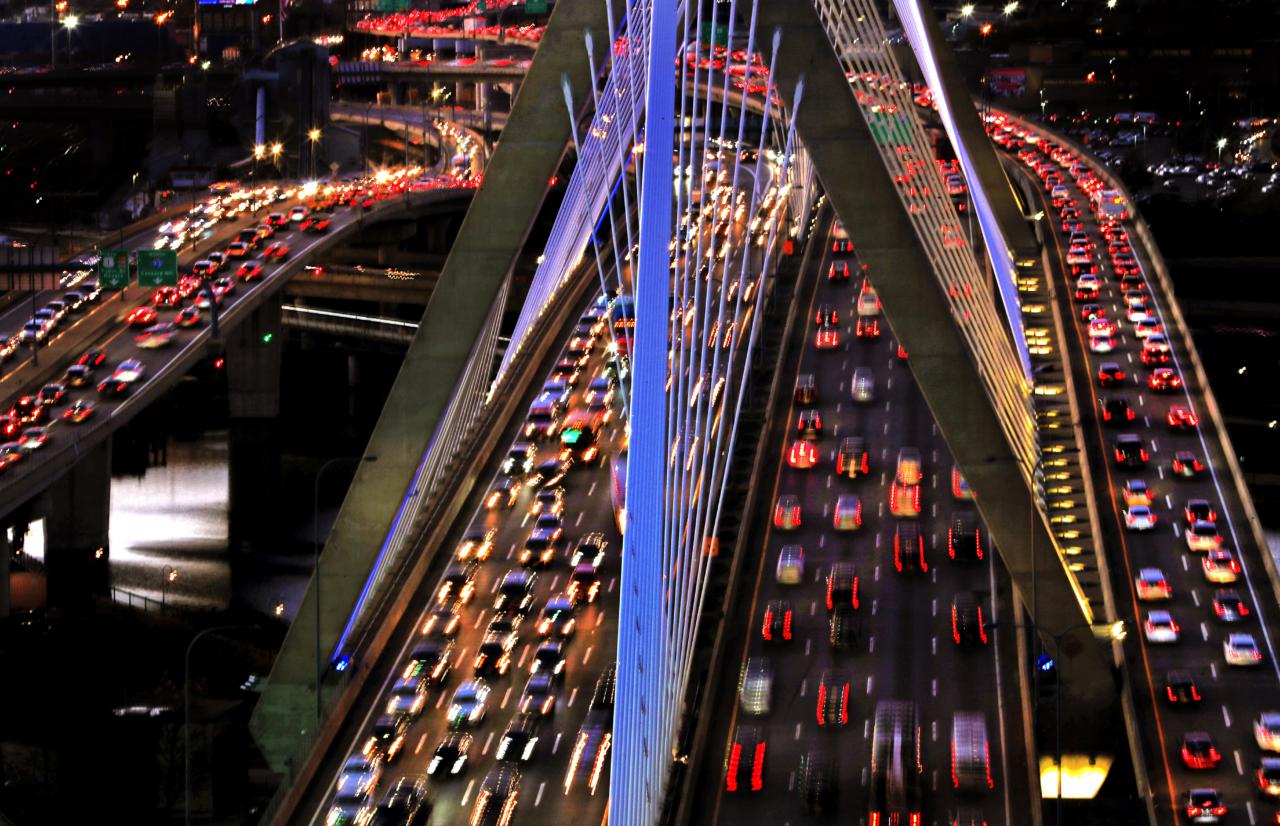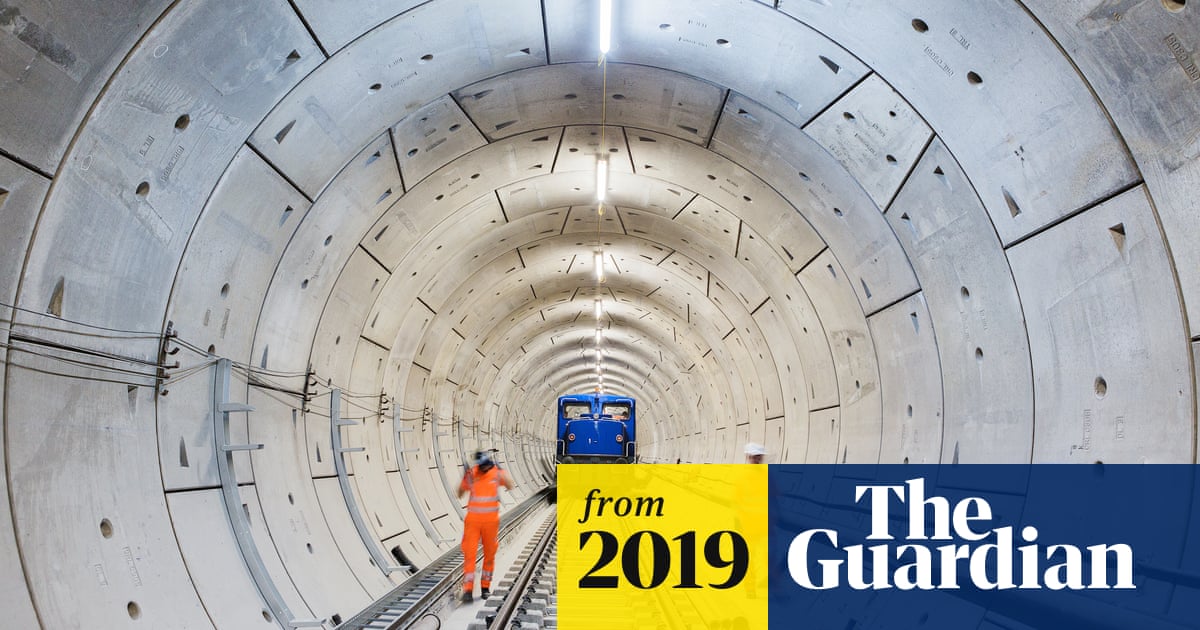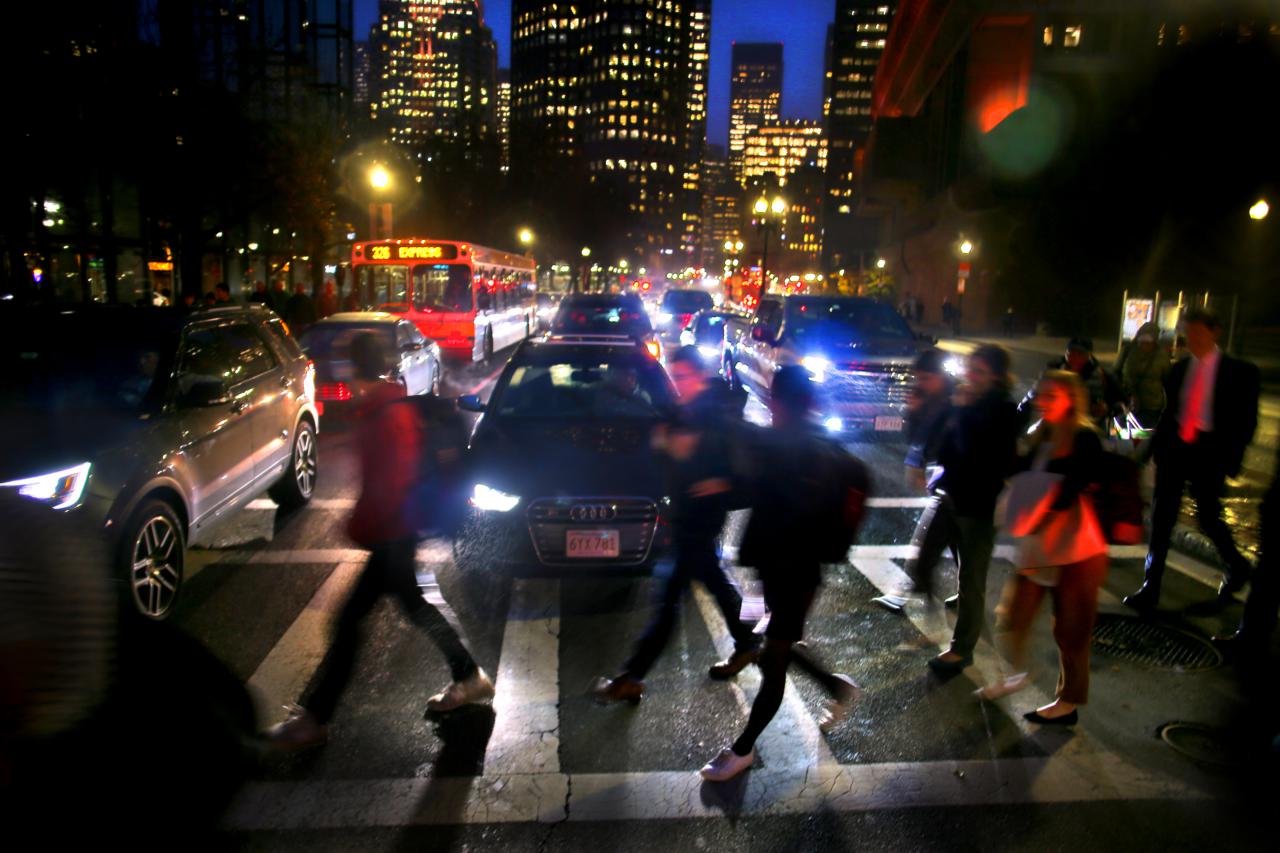You can find a happy medium between here and dubai. Look how fast the casino went up.
With private money, and lots of it.
But yes, we can be better at construction, public and private. Construction costs have doubled in the past 20 years, faster than healthcare, as a result of, but not limited to:
- The permitting process is highly bureaucratic and years long in some instances
- Productivity within the sector is dropping
- Skilled workers are sometimes hard to come by, delaying work and increasing budgets
- Materials are more expensive
- Lack of oversight by larger agencies
Are there solutions? Yes, but they are rather drastic in some cases, but its what's needed if you want change:
- (Public Sector) Streamlining and centralizing the permitting process
- (Private and Public) Modernize the construction process and introduce efficiency-conscious solutions where necessary to combat productivity issues
- Also look at new materials and building processes currently being developed in academia
- (Public) Decentralizing overseeing agencies, letting those more familiar with the project/context handle it
This was a good article but it could have done more. The Globe notes that this “part I” is on political gridlock, yet there’s not really an any analysis of what’s stymying major projects or significant expansions of the transit / rail system... it basically just focuses on bus lanes and congestion pricing. Nothing on the NSRL, electrification, or the need for some serious change in vision on major expansion of the whole system... and what is holding that back. I’d like to see an analysis of why the pols don’t vote for funding the T more, as well as looking into which people outside of metro Boston fight stuff like that, and perhaps break down the state transit dollars spent per citizen in each county. I’m quite sure the transit systems out in western mass have to be operating at massive losses given the lack of density. Anyway, maybe they will treat the transit issues in the two subsequent parts of this series, but they should have done so here.
I will agree that the Globe Article did well outlining the transportation crisis right now, but it didn't really conclude anything, other than saying our politicians take cars to work and are incentivized to do so, and they also might like bus lanes. Even if they weren't given parking spots, I'm not entirely sure we'd see our policy change that much.
The T is generally on a good path, with new Red and Orange Line cars and signal systems, Green Line Transformation, Better Bus, and even the recent push for regional rail, but those are only to get us up to barely-where-we-should-have-been-already. They need some
serious and robust planning for expansion, management, and maintenance if we want less people to drive and more people to take the T. No politician is going to willingly tell or encourage their voters to take the T until its robust enough to handle taking them on.
----
I think I recall reading on here a good argument as to why Boston couldn't physically implement congestion charging, even if all the political dumpster fires were put out. This article doesn't seem to question the practicality of such a system, but if London and now NYC are able to do it, what are the constraints holding us back?

apps.bostonglobe.com


